After two years of Covid lockdowns, a global chip shortage, the war in Ukraine, soaring commodity prices and a looming recession, you would be forgiven for thinking the UK car industry has quite enough on its plate.
But in the past few months, a new problem has appeared on the horizon: the risk of a trade war between the European Union and the UK as Brexit flares up again. And the car industry, probably correctly, fears that it could be on the front line if the worst comes to the worst.

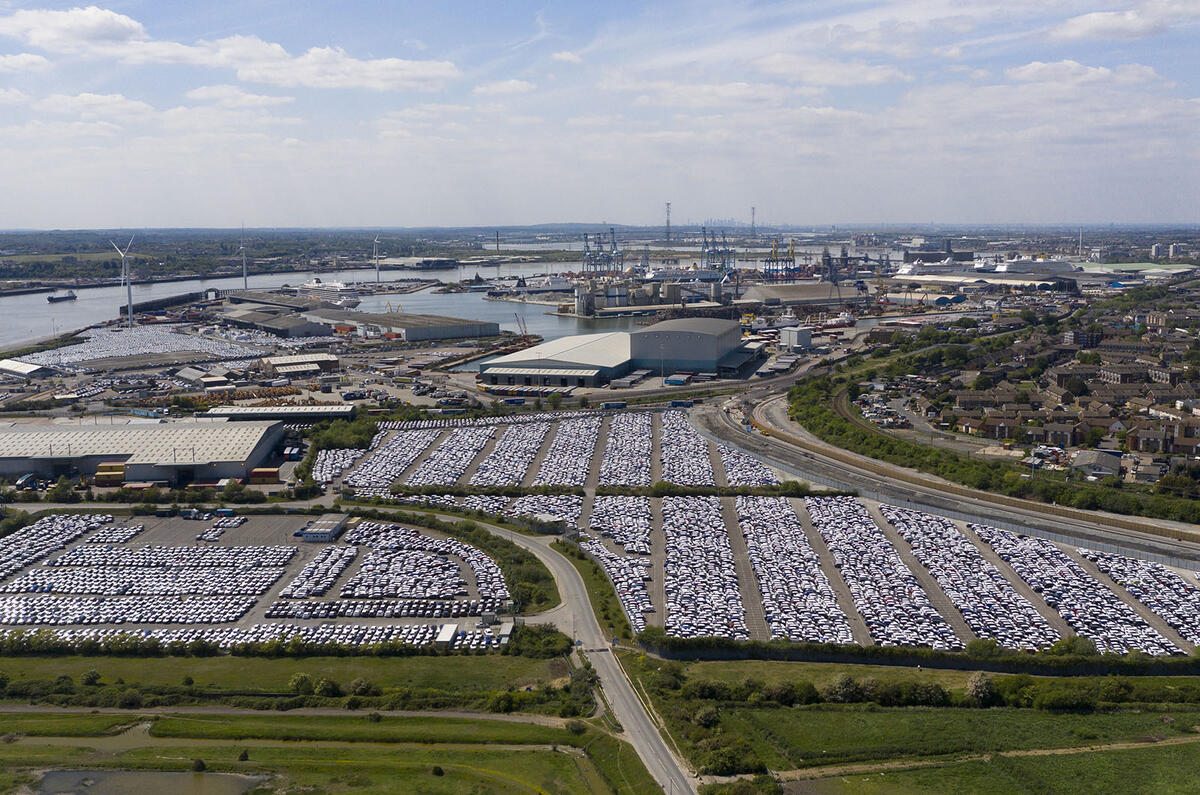
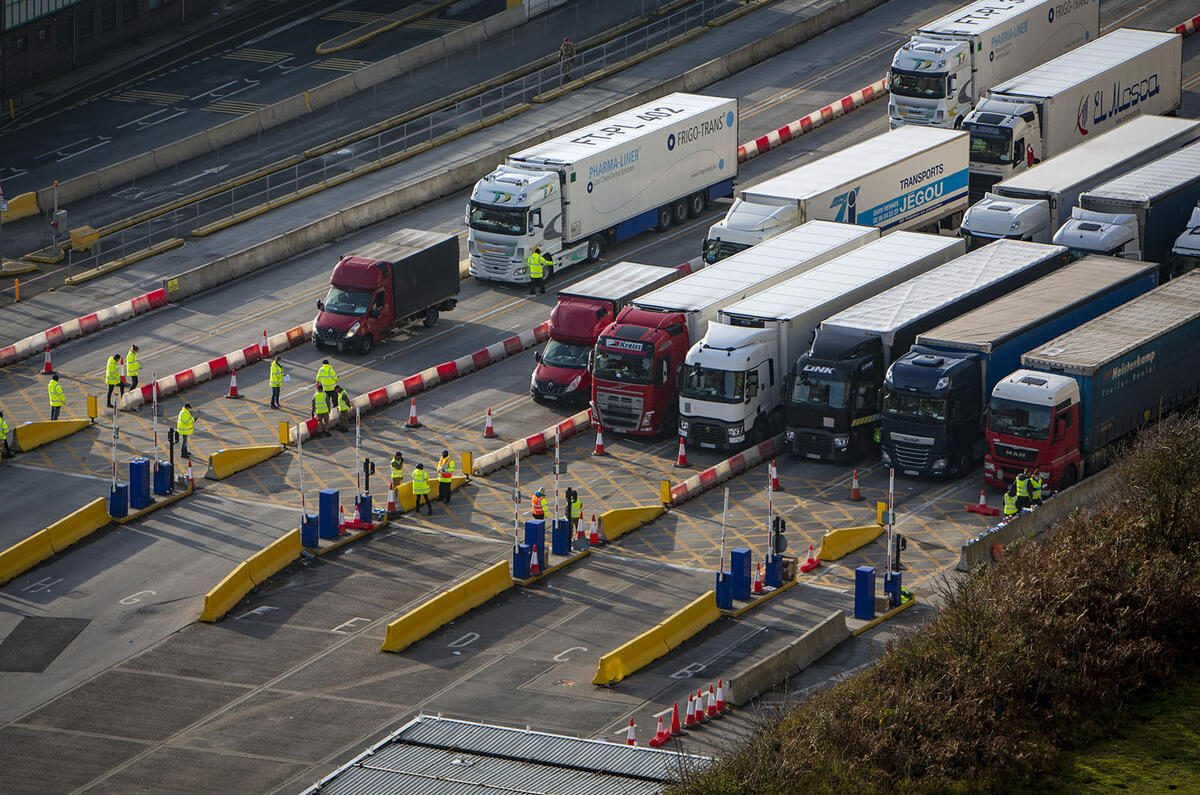
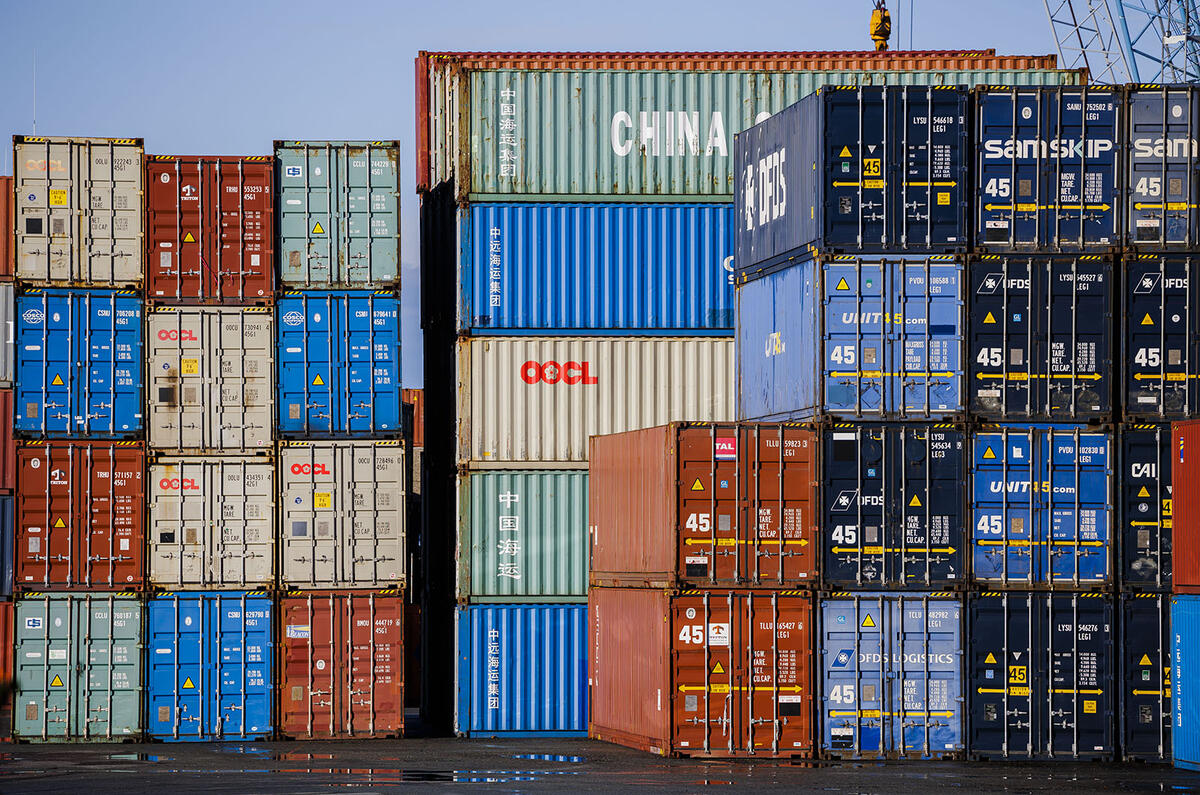
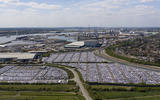
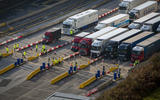
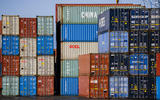


Add your comment